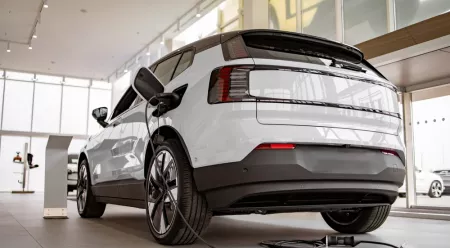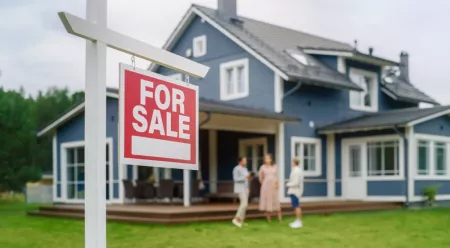3. Understand Any Legal Requirements
Buying pre-construction is an investment, so it’s crucial to know what legal requirements are in place in order to protect both you and the builder. You want to make sure this financial commitment is right for you, and that there aren’t any hidden fees. Speak with a lawyer who is knowledgeable and experienced in pre-construction real estate transactions before signing anything.
4. Get Professional Support
Consider working with a real estate agent to help you navigate the complex world of pre-construction home buying. Not only can they provide you with valuable advice and potentially save you from making costly mistakes, but they can also help with the documentation.
5. Investigate Financing Options
Take a close look at your budget and make sure to factor in future fees, such as taxes and closing costs. There are several different financing options available to help you in this process and by talking to your lender, whether it be the bank or a mortgage broker, you can find out what kind of loan makes the most sense for your situation and budget.
6. Consider Upgrades and Extra Costs
Pre-construction homes usually come with standard features, but many builders will offer upgrades or customizations that can add an extra cost to the purchase price. Customizations can be pricey so make sure to ask questions about the quality and design before signing on the dotted line. Consider upgrading features that will give you the best return on your investment in the future, such as flooring and hardware.
7. Prepare for Closing Costs
Closing costs for a pre-construction home can be significantly higher than for an existing home, as the buyer is typically responsible for the full cost of all closing expenses, including appraisal fees, title insurance, legal fees, and taxes. Additionally, if you are using a real estate agent or attorney, you may need to factor in their commissions as well.
By taking the time to do your research and seek professional advice, you can make sure that everything goes as planned and that your home-buying process is smooth.





